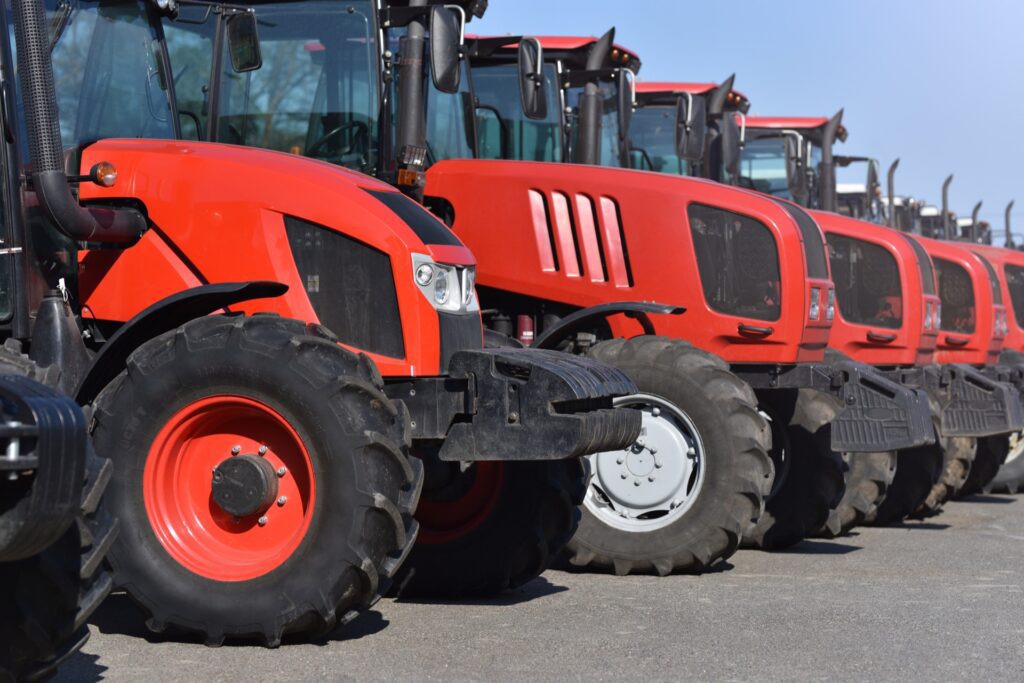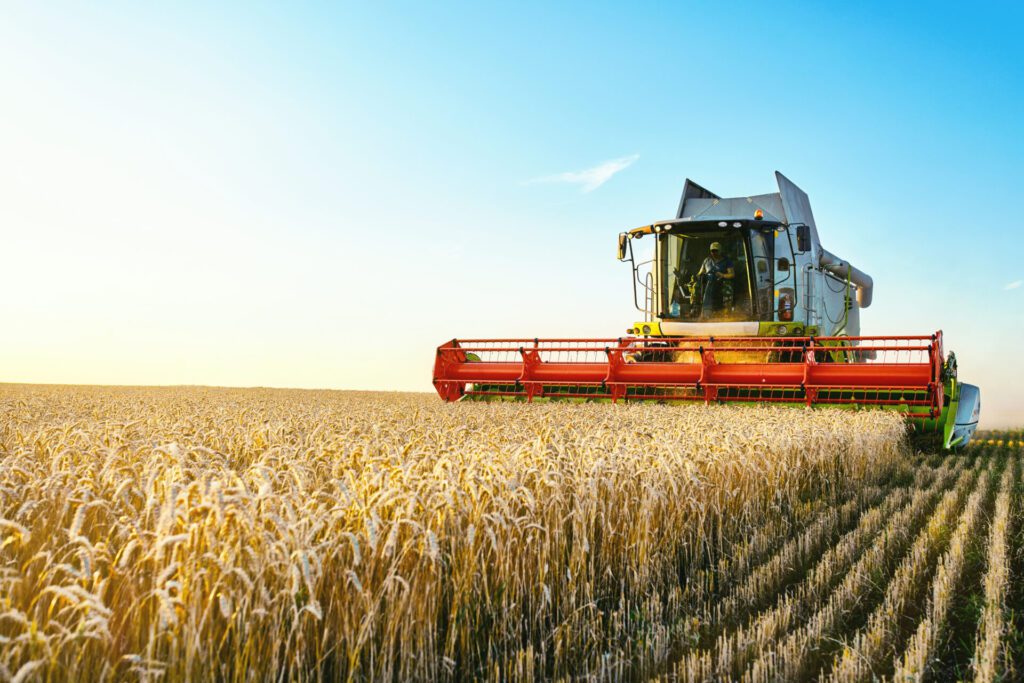Unlike other types of vehicles, farming and industrial vehicles can typically only be used for specific functions and also tend to depreciate faster since they’re often used daily. As such, it’s immensely helpful to know the value of what farming, industrial vehicles you have and how to get an appraisal for commercial vehicles so you can replace, repair, or sell them as needed.
What Are Appraisals of Industrial Vehicles?
Like home, property, or other kinds of appraisals, industrial vehicle appraisals simply involve finding out the value of what your vehicles are worth. This is done by an accredited appraiser inspecting various elements of the fleet of vehicles to provide an accurate market value of how much they’re worth.
If you’re wondering how to get an appraisal for commercial vehicles, you simply need to book an appointment with an appraiser.

What Influences the Value of Farming, Commercial, and Industrial Vehicles?
Naturally, the condition of the vehicle itself factors into its appraised worth. Vehicles with less wear and tear will often be worth more than those that are more worn or damaged.
To improve the worth of these vehicles regular maintenance and part replacement can help. Parts that see the most motion, use, or friction will wear down the fastest. These often include components like shock absorbers, batteries, spark plugs, bulbs, filters, windshield wipers, brake discs and tires.
External depreciation of a farming, industrial, or commercial vehicle’s bodywork also has some of the most notable decreases to its value as it’s the most visible aspect of the vehicle.
What You Can Do to Improve the Value of Your Farming, Industrial, or Commercial Fleet?
Broadly speaking, you likely don’t need to do any major fixes to improve the value of your equipment or fleet, but you do need to maintain it.
One useful tip is to perform pre and post-inspections of the vehicles that are used that day. This can help you avoid dealing with more costly repairs down the line since you’ll be able to identify things that are damaged on a more regular basis (and only when they’re minor).
Even just having a rotating maintenance schedule to be inspected by a professional for all vehicles that are used can ensure you’re addressing problems before they become expensive issues to repair.
Overall, your equipment’s value is largely determined by the condition it’s in, especially externally. Ensuring your fleet is well taken care of and maintained will help it keep its value for that much longer.






